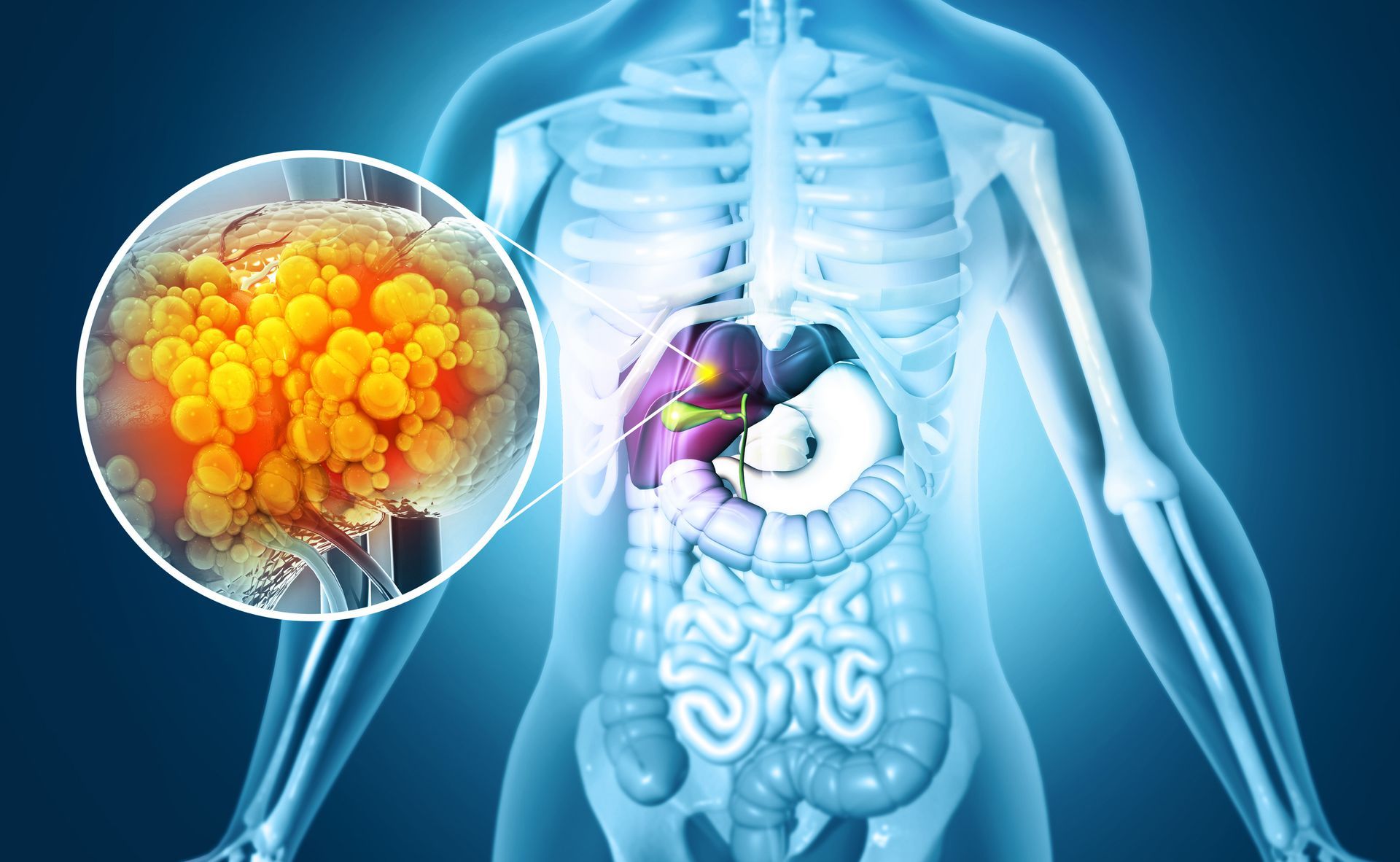Gastrointestinal Disorders: How Do You Know When There’s a Problem?
There are many different digestive disorders and gastrointestinal conditions that can drastically impact your health and quality of life. Several of these issues share common symptoms and signs, and often these signs and symptoms aren’t a sign of a bigger problem. How can you tell if you are experiencing temporary digestive discomfort, or are suffering from a gastrointestinal disorder? Let’s take a look at some common symptoms and how their severity and frequency can indicate a digestive disorder.
Constipation
Constipation can be a common warning sign of a larger issue. This symptom is defined by having fewer than 3 bowel movements a week. If you suffer from chronic constipation you should see a gastroenterologist to rule out or diagnose the possibility of a more severe condition.
Excess Gas & Bloating
GI disorders commonly feature excessive bloating and gas. Irritable Bowel Syndrome, Celiac disease, and food intolerances can often be the cause of these symptoms.
Heartburn
While heartburn, or acid reflux, can occur after a spicy meal or on a seldom basis, if this experience occurs more than twice a week it can be a symptom of GERD (Gastroesophageal Reflux Disease). Without the proper diagnosis and treatment, your stomach’s acid can damage the lining of your esophagus and eventually lead to further complications.
Diarrhea
If you typically experience diarrhea that persists for longer than two days it can be a sign of a more significant digestive disorder. Inflammatory bowel disease (IBD) and lactose intolerance can both be signaled by chronic diarrhea.
Abdominal Pain
Abdominal pain is a key indicator for most digestive diseases. No matter if this discomfort is the sign of diverticulitis, IBS, or an ulcer, if you are experiencing consistent bouts of abdominal pain you need to see a physician for a proper diagnosis and treatment plan.
Vomiting & Nasuea
What’s the difference between nausea and vomiting? Nausea is stomach discomfort that triggers the urge to vomit. Tightness, heaviness, and a sense of indigestion tends to persist in the stomach during nausea. Vomiting is the involuntary act of forcefully expelling the contents of your stomach through your mouth. While this symptom can be the sign of a wide variety of conditions, it can also signify an issue in the GI tract like appendicitis, diverticulitis, IBS, pancreatitis, an intestinal blockage, and more.
While any of these symptoms can be isolated, recognizing the frequency and severity of these conditions can be important in mitigating any potential more serious problems. The expert staff at Digestive Diseases Center is here to help you treat any temporary, chronic, or potential digestive disorder.
CONTACT
850-763-5409
ADDRESSES
4 LOCATIONS
204 E 19th Street, B, Panama City
12216 Panama City Beach Pkwy, D, Panama City Beach
4295 3rd Ave, Marianna
101 Good Morning St., 109B, Port St. Joe
Subscribe to our newsletter:
subscribe to our newsletter
We will get back to you as soon as possible.
Please try again later.



